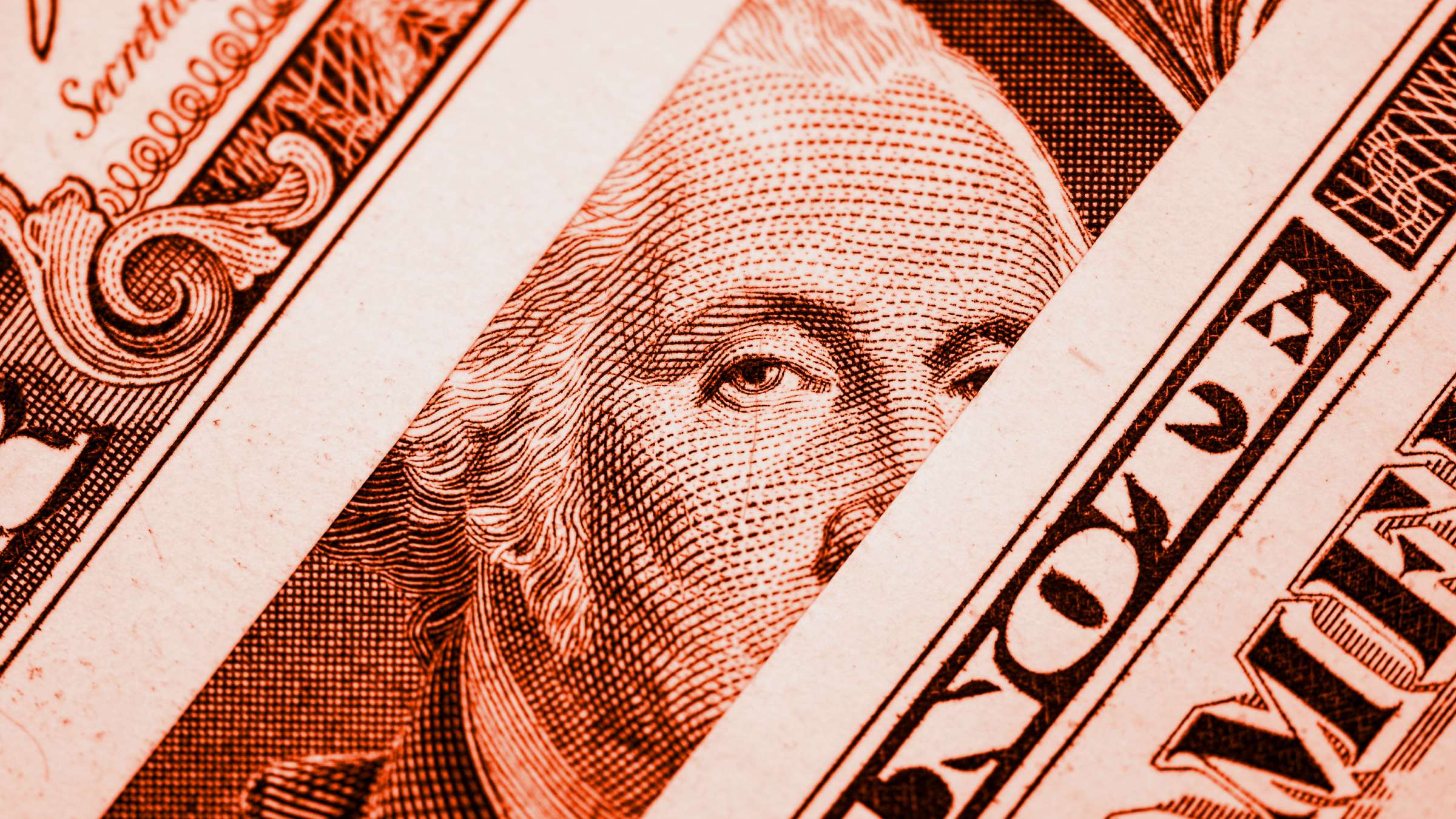Peter Navarro, one of the White House’s top trade advisers, is widely viewed throughout the West Wing and Capitol Hill as a prickly personality with extreme policy ideas.
[NANCY COOK and ANDREW RESTUCCIA | July 11, 2017 |Politico]
Peter Navarro, one of the White House’s top trade advisers, is widely viewed throughout the West Wing and Capitol Hill as a prickly personality with extreme policy ideas.
Navarro has earned a reputation for stalking the halls of the West Wing at night and on the weekends to find a moment to slip into the Oval Office to privately discuss trade with the president, according to one White House official and a close adviser to the administration. It’s his way of maintaining influence through proximity.
His clout, dating back to the campaign, has informed the president’s thinking on everything from NAFTA to new lumber tariffs to potential trade restrictions on steel and aluminum. A former economics professor at the University of California-Irvine who unsuccessfully ran for office four times, Navarro has a well-established reputation as an academic with hardline views on the threat that China poses to the U.S.
He has since pulled the president so far right on trade that more moderate aides worry his proposals could launch a global trade war if Trump takes them too seriously, according to a dozen interviews with White House officials, close advisers, and Republican congressional aides.
“The president agrees with lots of Peter’s writings on the effects of trade,” said Steve Moore, a senior economist at the conservative Heritage Foundation, who informally advised the Trump campaign on economic issues. “So far, in a lot of ways, Navarro’s opinion and views have really prevailed especially with some of the saber-rattling on steel, aluminum, and lumber tariffs.”
Yet now, Navarro finds himself at a pivotal moment in his brief White House tenure. Trump and his team are in the throes of a wide-ranging debate on trade that could help define the president’s approach to the issue for the rest of his time in office. How that shapes up will reveal as much about the president’s policy leanings as it does about Navarro’s effectiveness as a one-man, anti-China trade warrior, who sometimes finds himself aligned with Steve Bannon, the White House’s chief strategist, and Wilbur Ross, the Commerce Secretary.
Navarro himself says that the president’s trade agenda is already “absolutely” clear, even though trade experts say it’s veered between more protectionist impulses and a global, free trade stance. In an interview in his office, Navarro said that the president began instituting that agenda by pulling out of the Trans-Pacific Partnership shortly after the inauguration.
“TPP was the single most important action in the last two decades on trade, and the president did it on Day Three — in that picture over there on the floor, with his complete adviser team united behind him,” Navarro said, pointing to a photograph on his office floor. “That was no easy lift. That agreement would have devastated what was left of our manufacturing and defense industrial base.”
White House aides said Navarro has clashed with most of Trump’s senior staff at one time or another. Though he is often philosophically aligned with Bannon, and to a lesser extent Ross, aides said they have sometimes groused about his no-holds-barred tactics, which one aide compared to “guerilla warfare.”
But Navarro said he does not need to lurk around the West Wing to get an audience with the president. “I’m in the Oval only when called,” he said.
Trump gets advice on trade from an array of advisers with diverging views, including U.S. Trade Representative Robert Lighthizer, Treasury Secretary Steven Mnuchin, Agriculture Secretary Sonny Perdue and Labor Secretary Alexander Acosta. The advisers have been jockeying for influence for months, with Ross, Navarro and Lighthizer fighting to protect their central role in the process.
Navarro’s influence has dimmed a bit since the campaign, where he was often the only voice in the room on trade. Now, more than a dozen senior administration officials often attend the White House’s regular trade meetings, which have been taking place behind the scenes for months, according to a senior administration official.
Navarro works out of a large office filled with trade to-do lists down a long, quiet hallway in the Eisenhower Executive Office Building, about half-a-city block from the Oval Office. Although he technically runs the National Trade Council and Office of Trade and Manufacturing Policy, serving as a liaison between the White House and Commerce, he only has two staffers. One of them, Alexander Gray, worked on defense issues as a former member of the presidential transition team.
In December 2016, Trump announced that Navarro would lead a new White House National Trade Council. A statement announcing the new council suggested it would have the same level of stature as other powerful policy offices in the White House like the Domestic Policy Council and National Economic Council. But the president later changed course, issuing an April executive order establishing the Office of Trade and Manufacturing Policy, which is not an official policy council in the White House.
The change was seen by some in the White House as a demotion for Navarro, though others said the trade office is meant to give Navarro a perch from which to exert influence. While the National Trade Council still exists, one White House aide said it’s largely been folded into the Office of Trade and Manufacturing policy.
Like any White House where real estate, resources, and staffers confer stature, two aides say Navarro’s lean operation can hinder him, especially compared with the staffing might of the Domestic Policy Council or Gary Cohn’s 30-person-strong National Economic Council.
His early days as a White House official were also bumpy – and were it not for his personal relationship with the president, other advisers likely would have sidelined him entirely.













